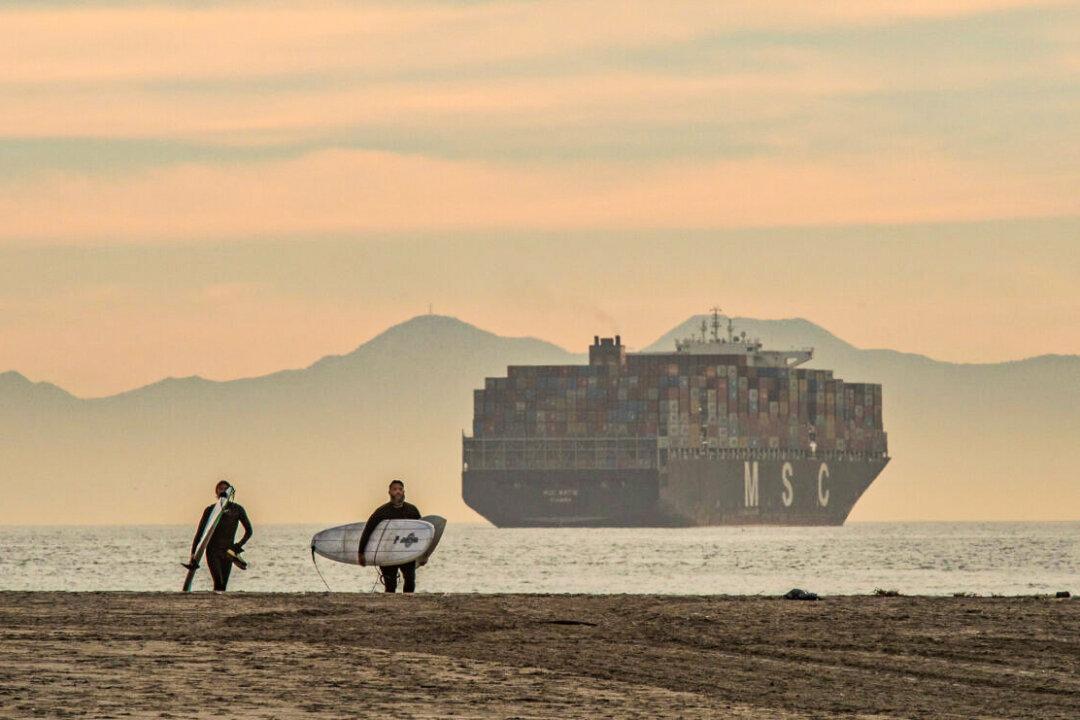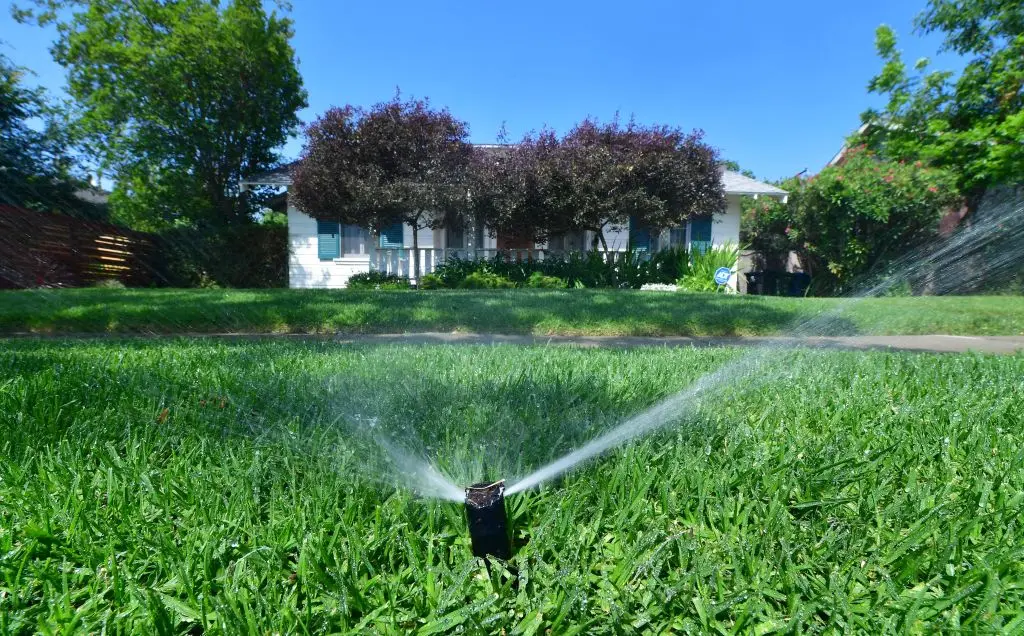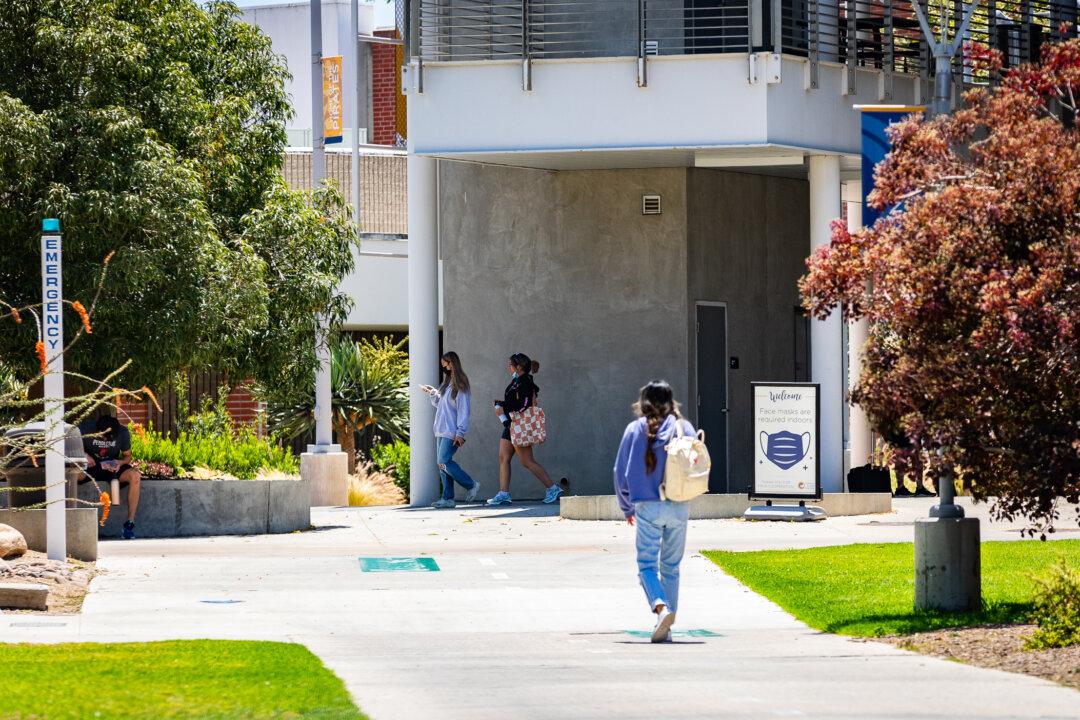As the supply chain disruption continues, about half of all small businesses in the U.S. have been significantly impacted, according to the latest survey released by the National Federation of Independent Business (NFIB).
The NFIB Research Center found that small businesses in the nation are facing two major challenges—labor shortages and supply chain disruptions—which might continue to be a problem during the holiday season, according to NFIB chief economist Bill Dunkelberg.




